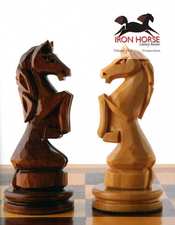A WRITER'S WIT |
My Literary World

“Like Breadcrumbs, Like Chards”:
Even though I am gay, came out a long time ago, have been with the same Grady for forty-two years, not until I reached the following sentence on the second page of Southworth's story did I realize I was reading about a gay couple.
“At first glance my husband fills so many gay stereotypes. He’s all muscle, all tank top on the weekends, all styled hair and double-entendre” (4).
Now . . . is my failed perception my fault or the writer’s? I’m willing to accept at least half the responsibility; I was lulled into the hackneyed convention that a husband must be paired with a wife, not another husband. But would it have been too unsophisticated to let the reader know this tidbit a wee bit earlier?
In this story where young marrieds are struggling to become acquainted, the narrator, Mike, often texts his husband Grady—even when they are located in the same dwelling or in the same room. Seriously? Has texting become so ubiquitous that it has seeped into our literary fiction? Must we now work texting into the weft of our stories for them to be real, to be truly au courant? Okay, okay. F. Scott, I’m sure, employed an early phone or two, had a character cable someone that he didn’t love her any longer. I am totally humble and down from my horse. Mike’s texting his husband is a manner in which he attempts both to be close to Grady and yet distant from him at the very same time.
At one point Mike uses an emoji of the Swiss flag (to indicate fidelity?) and in the same text a heart with an arrow shot through it to communicate his feelings. Is this how removed he is from the relationships with his husband, his mother, and mother-in-law, at least what he can find of his feelings?
Southworth purposely keeps the reader at a distance from the character’s feelings—not entirely but enough for us to get the message. We can see the words on the page, or the text on the screen, but I’m not sure we can feel them.
NEXT TIME: My Journey of States-4 Louisiana



 RSS Feed
RSS Feed